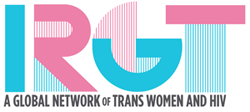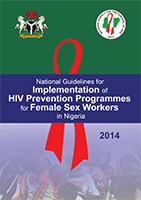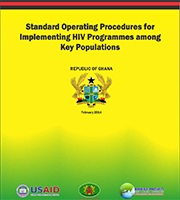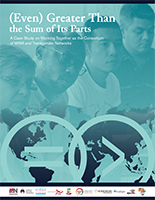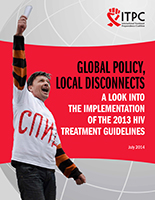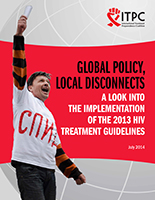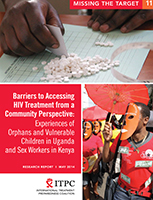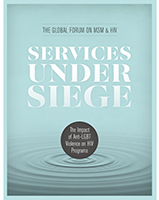
These guidelines outline the principles, procedures, and activities involved in developing and implementing evidence-based HIV prevention programmes that reach a large proportion of female sex workers in Nigeria. The guidelines also evaluate these programs and include specific tools adapted to the Nigerian context in the annexes.
Year of publication:
2014
